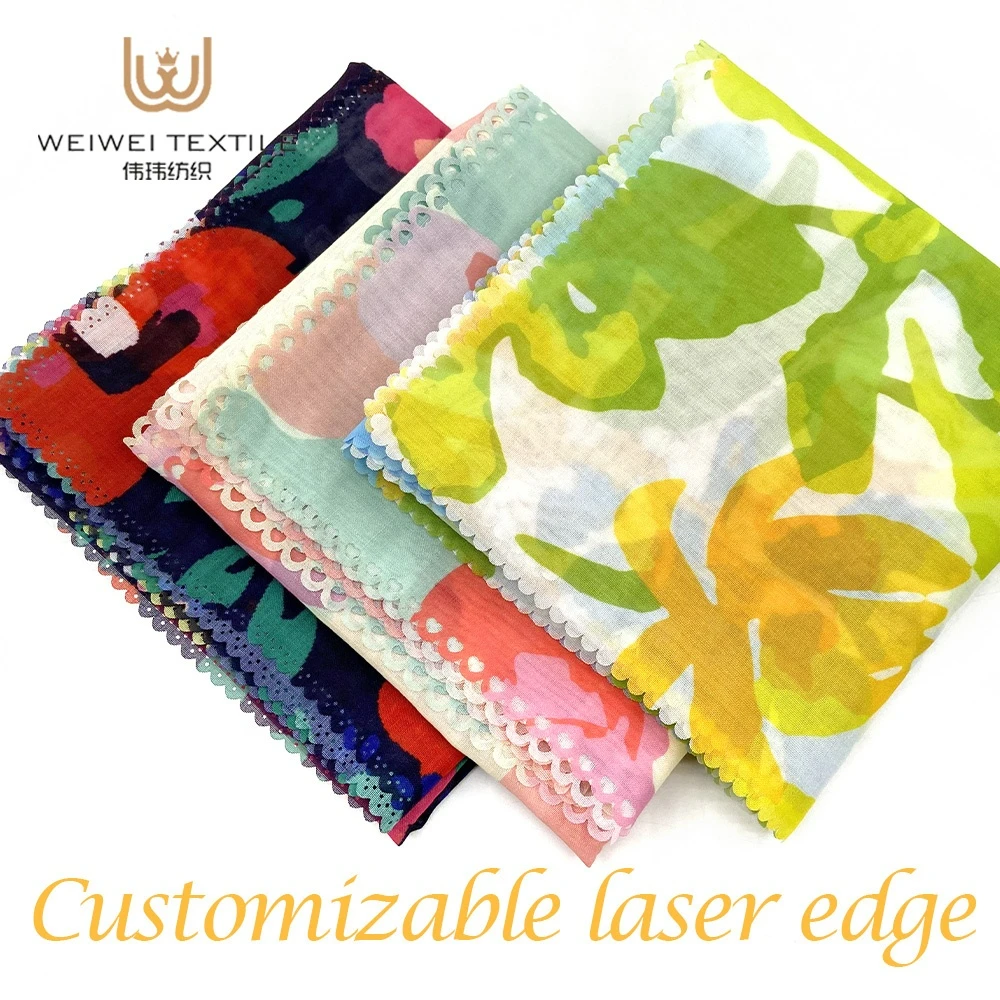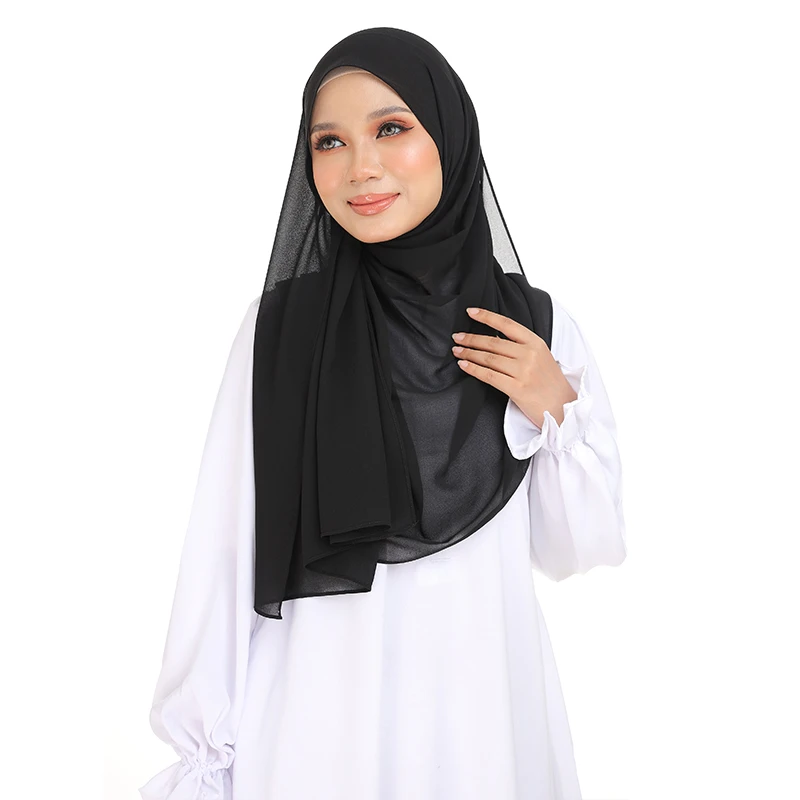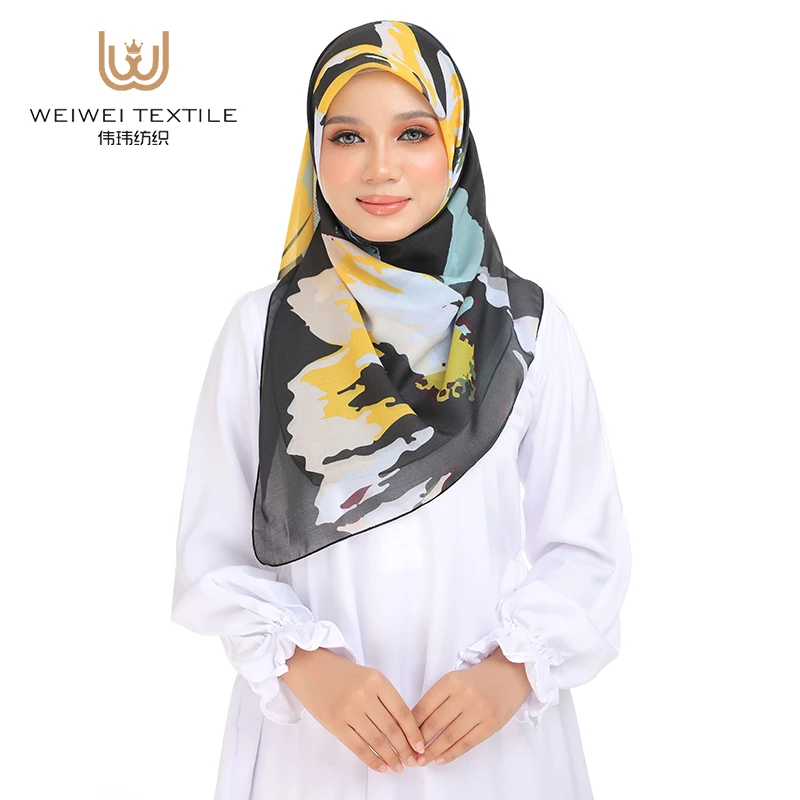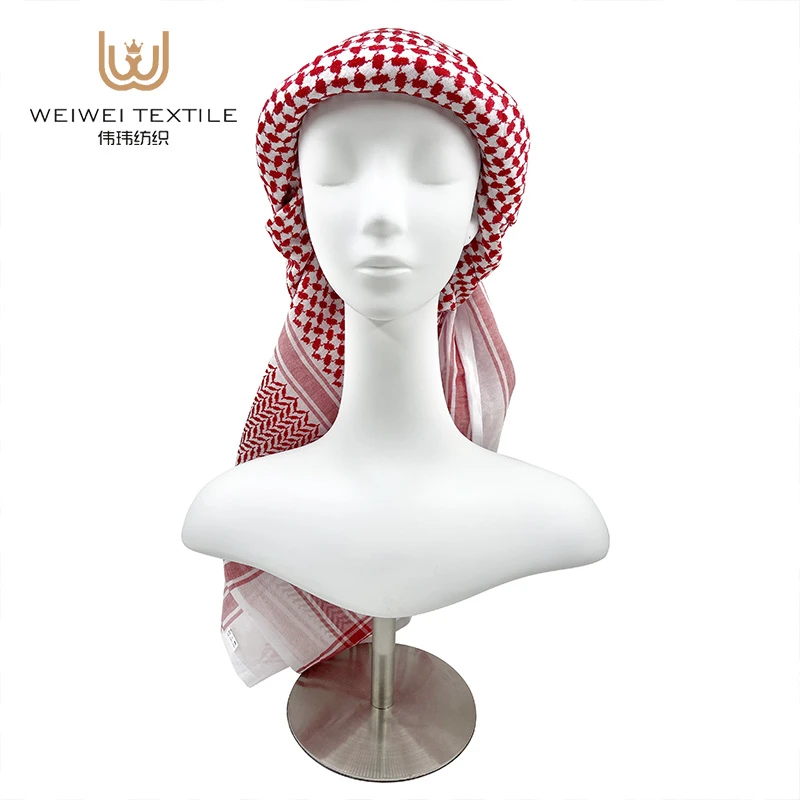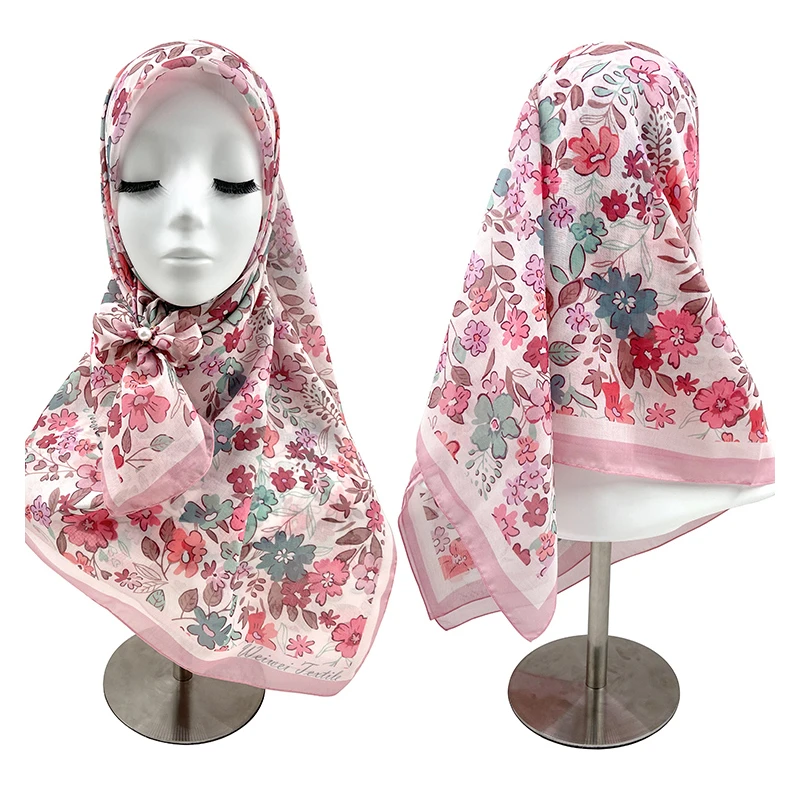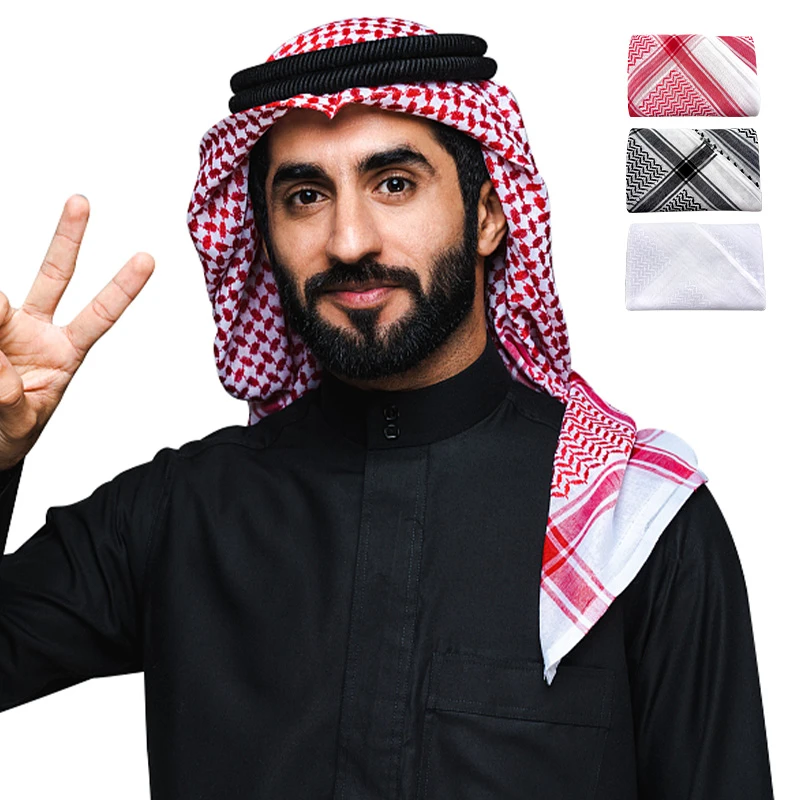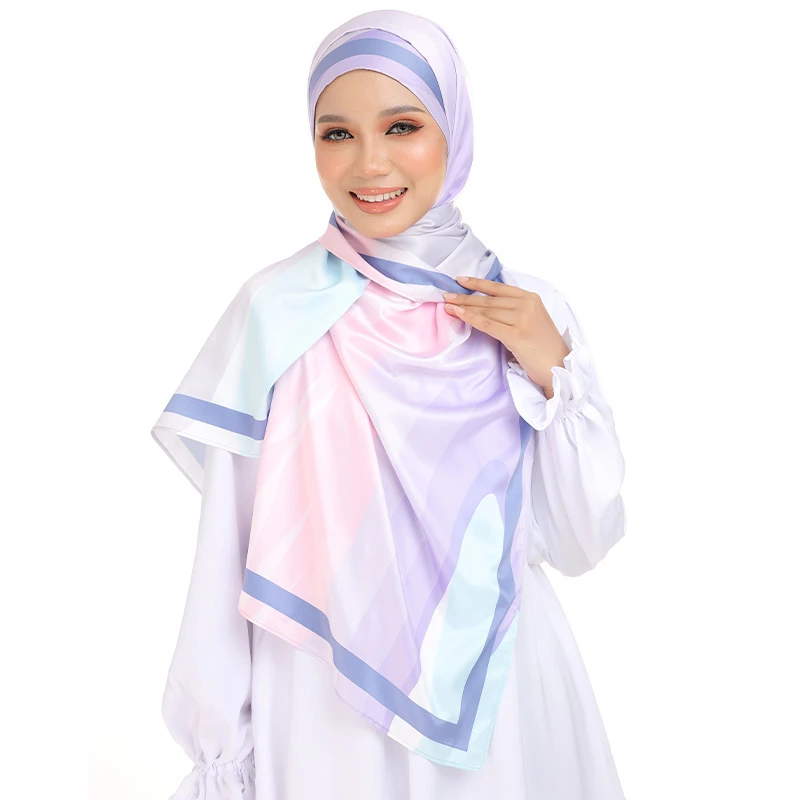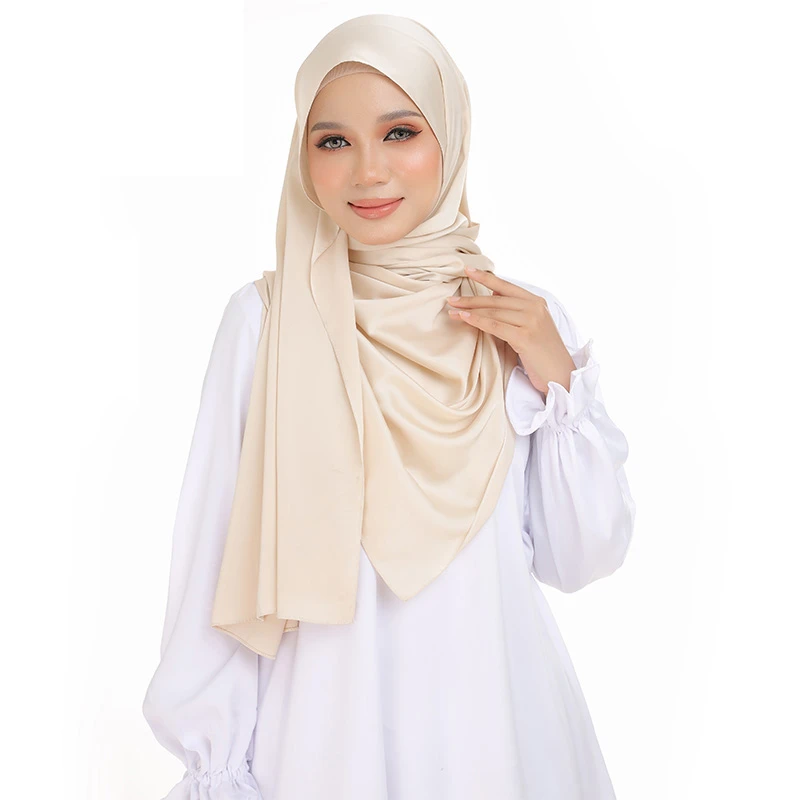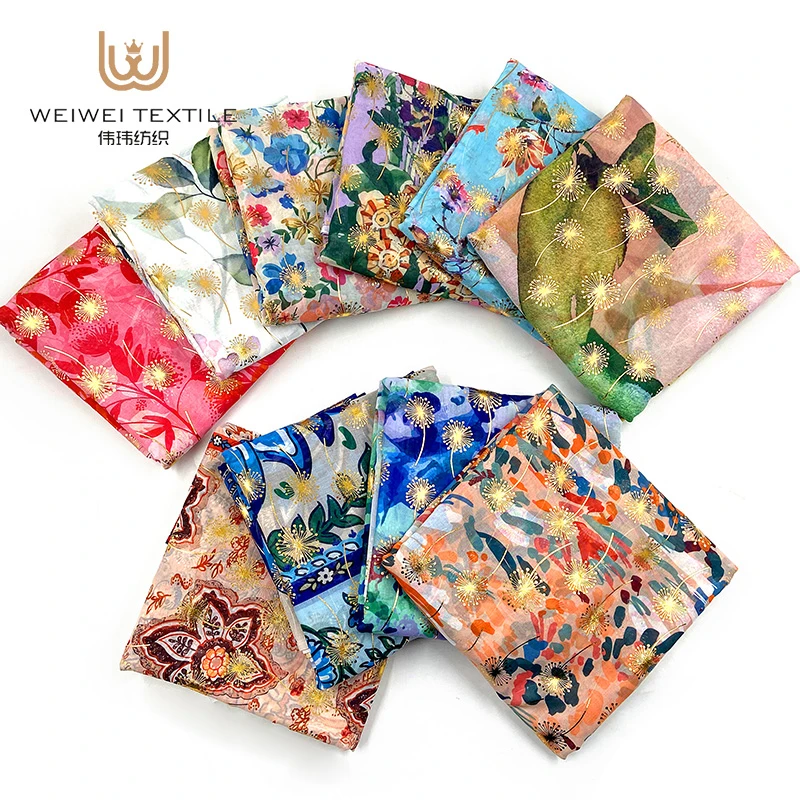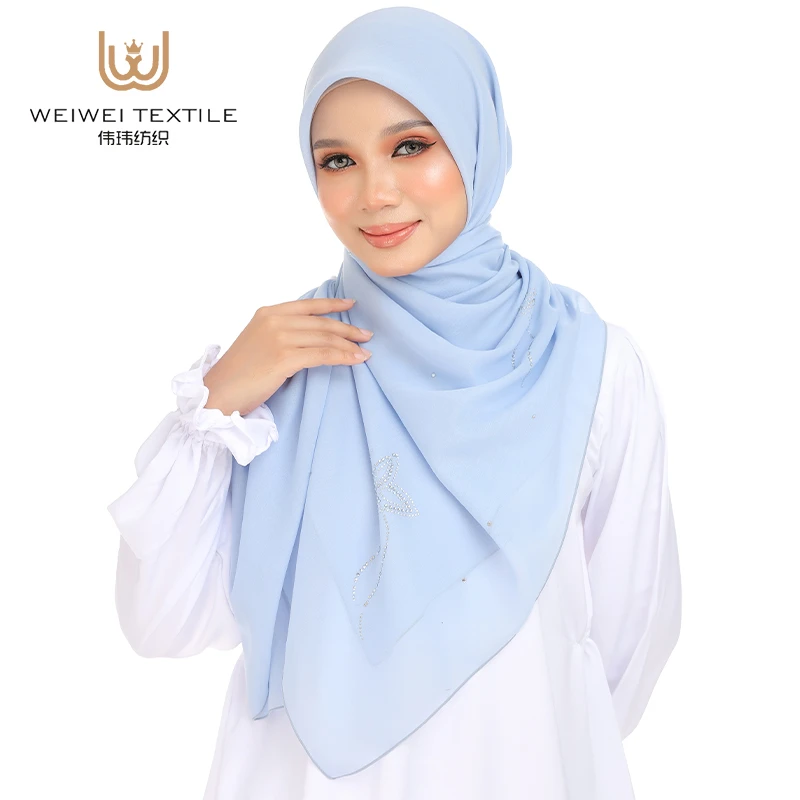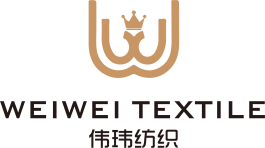Jan . 09, 2025 10:55 Back to list
scarf manufacturers
In the dynamic world of fashion, scarf manufacturers play a pivotal role in creating versatile accessories that not only provide warmth but also serve as stylish statements for individuals around the globe. With countless styles, fabrics, and designs, the choice of the right manufacturer can significantly impact your brand's success. This article delves into the essential aspects of scarf manufacturing, offering a nuanced perspective based on experience, expertise, authoritativeness, and trustworthiness (EEAT).
Scarf manufacturing does not occur in isolation; it involves navigating through complex supply chains and distribution networks. Experienced manufacturers possess a robust logistical framework to ensure timely production and delivery, minimizing disruptions and potential delays. Their in-depth understanding of the global market enables them to expand their reach and remain competitive in diverse regions. Innovations in manufacturing technology have also paved the way for personalized and customized scarves, aligning with the trend towards individual expression. Many manufacturers now offer on-demand printing services, allowing for customization in designs, colors, and even fabric combinations. This level of personalization not only attracts consumers seeking unique items but also presents opportunities for brands to strengthen their identity through tailor-made kits for specific demographics or promotional events. Positioning themselves as experts within the industry, top scarf manufacturers continually invest in research and development. By remaining at the forefront of technological advancements and material innovations, they fortify their positions as industry leaders. Conferences, trade shows, and partnerships with avant-garde designers further contribute to their credibility and visibility in the market. In conclusion, selecting the right scarf manufacturer involves much more than cost consideration. Brands must evaluate potential partners based on their experience, expertise, authoritativeness, and trustworthiness. Manufacturers who excel in these areas not only produce high-quality products but also offer strategic insights and innovations that can elevate a brand's market presence. As the fashion world evolves, those aligned with reputable and forward-thinking manufacturers will likely experience sustained success and growth.
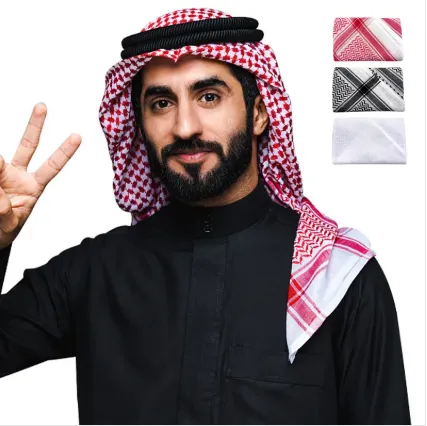
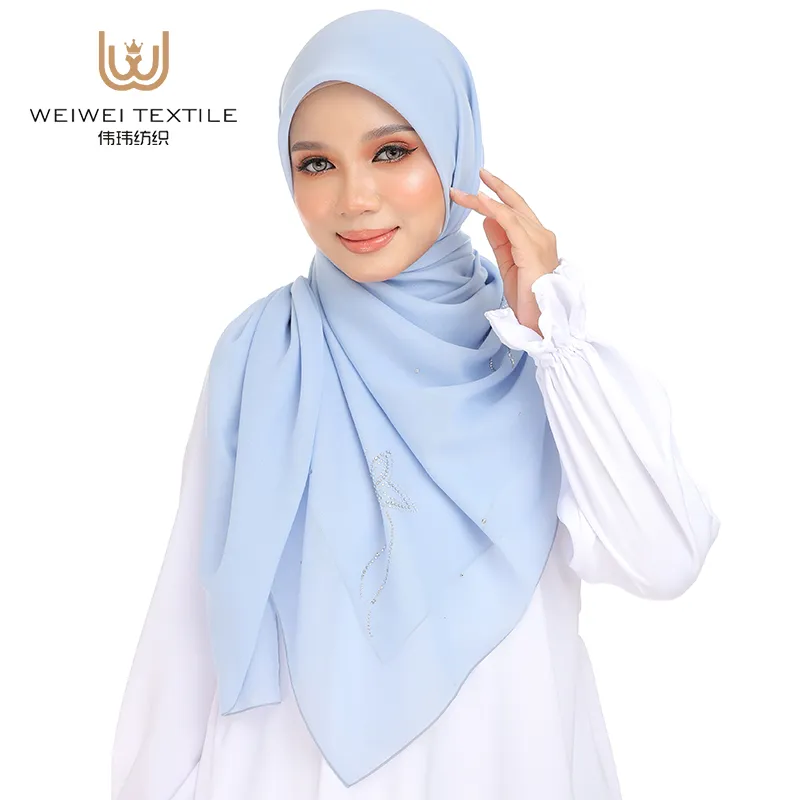
Scarf manufacturing does not occur in isolation; it involves navigating through complex supply chains and distribution networks. Experienced manufacturers possess a robust logistical framework to ensure timely production and delivery, minimizing disruptions and potential delays. Their in-depth understanding of the global market enables them to expand their reach and remain competitive in diverse regions. Innovations in manufacturing technology have also paved the way for personalized and customized scarves, aligning with the trend towards individual expression. Many manufacturers now offer on-demand printing services, allowing for customization in designs, colors, and even fabric combinations. This level of personalization not only attracts consumers seeking unique items but also presents opportunities for brands to strengthen their identity through tailor-made kits for specific demographics or promotional events. Positioning themselves as experts within the industry, top scarf manufacturers continually invest in research and development. By remaining at the forefront of technological advancements and material innovations, they fortify their positions as industry leaders. Conferences, trade shows, and partnerships with avant-garde designers further contribute to their credibility and visibility in the market. In conclusion, selecting the right scarf manufacturer involves much more than cost consideration. Brands must evaluate potential partners based on their experience, expertise, authoritativeness, and trustworthiness. Manufacturers who excel in these areas not only produce high-quality products but also offer strategic insights and innovations that can elevate a brand's market presence. As the fashion world evolves, those aligned with reputable and forward-thinking manufacturers will likely experience sustained success and growth.
Next:
Latest News
-
Traditional Tudung Designs in Malaysia
NewsJul.25,2025
-
The Spiritual Significance of Satin in Muslim Attire
NewsJul.25,2025
-
The Right Way to Wear Arab Scarves for Muslim Women
NewsJul.25,2025
-
Zikr Bead-Infused Cotton Voile for Continuous Remembrance
NewsJul.11,2025
-
The Cultural Significance of Tudung in Malaysia
NewsJul.11,2025
-
Satin Hijabs as an Expression of Faith in Daily Life
NewsJul.11,2025




